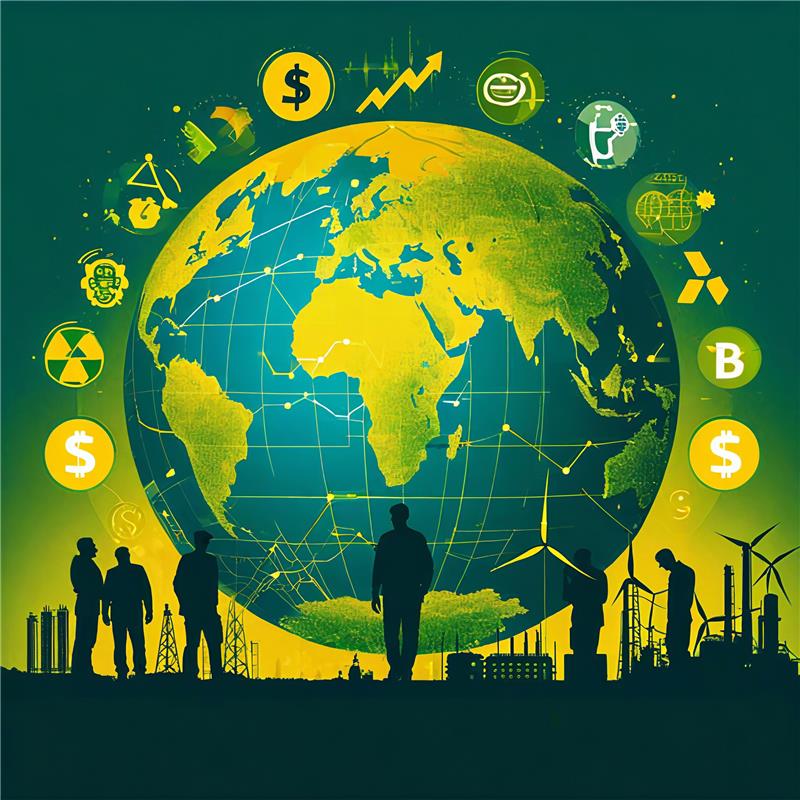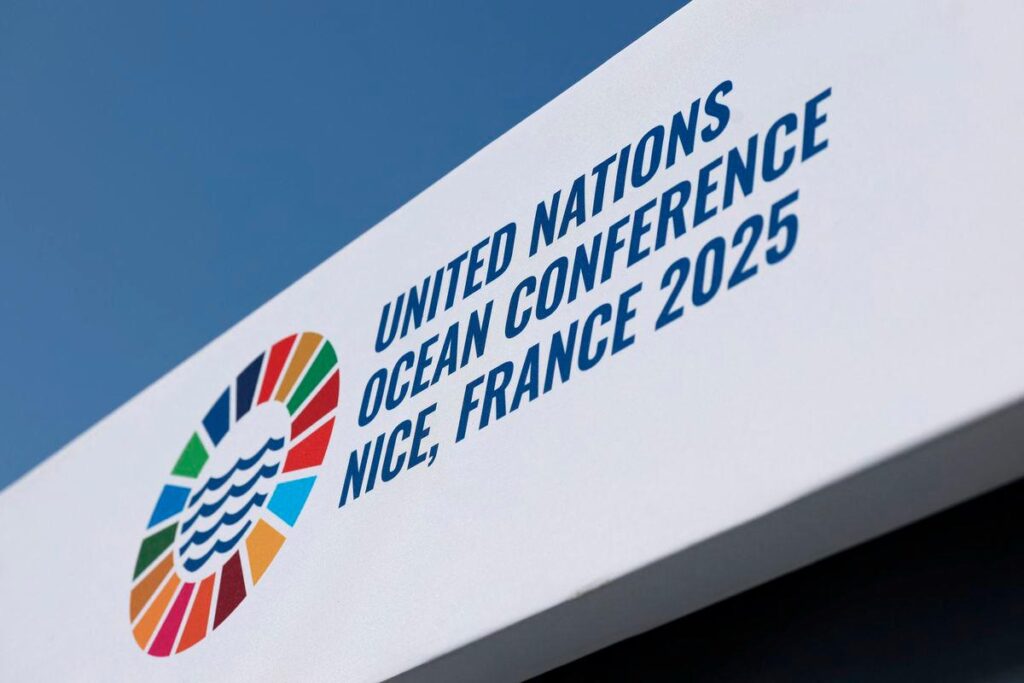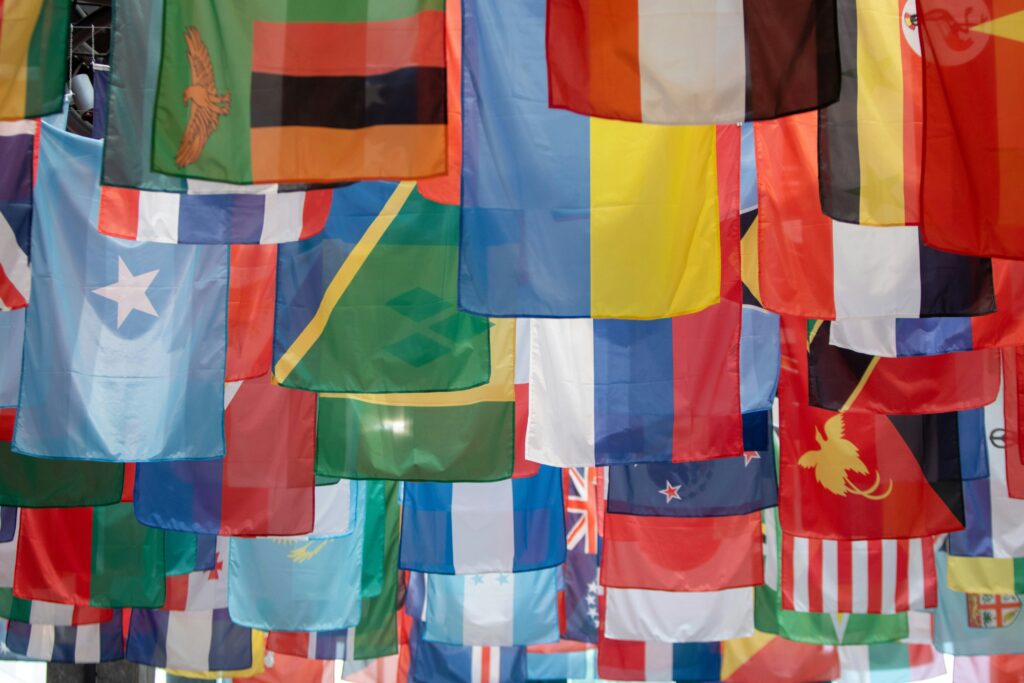A series of paradoxes is redrawing the global landscape. Old assumptions are failing, power is being renegotiated, and the playbooks that once guided international affairs no longer apply. For leaders aiming to drive change, understanding these shifts is not just an intellectual exercise; it is a strategic necessity. Here are three paradoxes that define the current moment.
Paradox 1: The end of aid, or the beginning of a fundamental power shift?
The traditional development model is under growing strain. Western donors are stepping back, US aid is at historic lows, while France, the UK, and others have cut funding due to political and budget pressures. Simultaneously, a new chorus of voices from leaders and thinkers across Africa, Asia, and Latin America is demanding a pivot: from aid to investment, from dependency to dignity, and Northern-led NGOs to Southern-led innovation.
This tension was on full display at the Fourth International Conference on Financing for Development (FfD4), held in Seville this week (from June 30 to July 3, 2025). The final Sevilla Commitment, endorsed by 192 countries (notably excluding the United States), includes progressive language on debt, climate finance, and tax justice. However, critics quickly noted that many of the boldest proposals, particularly those related to debt restructuring, were relegated to future discussions, rather than immediate action. The Tax Justice Network highlighted how key provisions were watered down under pressure from wealthier nations, a sign that entrenched power structures still dictate the terms of reform.
Meanwhile, rather than waiting for change, countries are acting. A recent example is Nigeria’s $60 million sovereign green bond, issued in June 2025, which was met with strong investor interest and is part of a broader strategy to mobilise domestic and international capital for climate adaptation. Senegal is also shifting its financing strategy by issuing debt in local currency, aiming to reduce its reliance on external aid. These aren’t just financial instruments; they’re expressions of sovereignty, resilience, and intent.
From storytelling to platform building
The moment demands more than a change in narrative. It calls for new platforms where Southern-led models can speak for themselves through investor roundtables, regional convenings, and digital campaigns. The role of traditional “development actors” is fading. What is needed now are development enablers, partners who help amplify new models of self-financing and innovation. In this transition, influence will belong to those who help others lead.
Paradox 2: We’re living in Game of Thrones, but acting as if it’s The West Wing
The world we inhabit today looks more like “Game of Thrones” than “The West Wing.” In “Game of Thrones,” leaders are consumed by power struggles, territorial conquests, and short-term dominance, often at the expense of addressing looming existential threats. Similarly, in our current global landscape, fragile alliances, zero-sum rivalries, and hard-power calculations dominate international relations.
Yet too often, leaders, institutions, and campaigns continue to operate as if we still live in the measured, cooperative logic of “The West Wing,” where policy memos, multilateral trust, and rational coordination prevail. The contrast could not be starker. On one side, the threats are existential: climate breakdown, pandemics, and ecosystem collapse. On the other hand, the world’s dominant actors are reverting to a logic of competition over territory, resources, and short-term dominance, even as the foundations of planetary life begin to fray.
Global military spending reached $2.72 trillion in 2024, marking the sharpest annual increase since the end of the Cold War. Security, not sustainability, is winning the budget battle. Even as the climate alarm grows deafening, governments continue to stockpile arms, not solutions. In April 2025, global temperatures breached the 1.5°C threshold for the ninth consecutive month. The IPCC no longer speaks of preventing catastrophe, but of managing consequences in a world that is plausibly headed for 3°C warming. In “The West Wing,” that kind of data would trigger emergency coordination. In “Game of Thrones,” it is overlooked in favour of the next border skirmish or power play.
Nowhere was this dissonance more evident than at the FfD4 summit in Seville. As the planet cried out for new financial tools to support adaptation and debt relief, the U.S. refused to attend, objecting to language on climate, gender, and the SDGs. China filled the vacuum with declarations of solidarity with emerging economies. But the summit became, in effect, a proxy battlefield between rival visions of world order, and the opportunity for collective progress was lost. Power politics drowned out planetary priorities.
Reframe the mission as ‘Resilience Sovereignty’
In a “Game of Thrones” world, virtue signalling doesn’t move the needle. Leaders need arguments that reinforce sovereignty, power, and resilience. Investing in renewables? That’s not just climate action; it’s energy independence. Strengthening public health? It’s national security. Local food systems? A defence strategy against shocks, unrest, and displacement. Communications that once appealed to idealism must now speak the language of strategic advantage.
Paradox 3: The playbook is gone, yet the spotlight is on
Multilateral diplomacy has become increasingly unscripted. As we move toward COP30 in Belém (November 2025), expectations are low. Brazil’s organisers acknowledge that we are unlikely to see a single “grand bargain”; instead, a constellation of voluntary coalitions is expected to emerge.
This mirrors what just played out at FfD4. Despite months of negotiation, the Sevilla Commitment delivered more symbolism than substance. The United States stayed out. Other major players fought over language. Ultimately, the most dynamic activity took place not on stage, but in the margins, where coalitions formed, bilateral deals were signed, and alliances quietly developed.
And before Belém, the global system has one more major summit: the UN General Assembly (September 2025). But here too, uncertainty looms. With no clear global agenda and political leadership in flux across key states, UNGA may reveal more about the disarray of multilateralism than its direction. It will be watched, dissected, spun, but perhaps not steered.
Mastering multi-arena communications
In a world without a script, strategy lies in agility. Clients must prepare to win not only in plenaries but also at side events, on digital platforms, and through informal coalitions. The role of strategic communications now is not to describe what the world is, but to curate where it’s going next.
Final reflection: turning paradox into purpose
These paradoxes reveal a world in transition. Development aid is receding, but new models are rising. Existential threats are intensifying, yet global attention remains misaligned. Diplomatic architecture is hollowing out, but the cameras are still rolling.
The question is no longer if change will come, but who will lead it and how.
For international organisations, multilaterals, philanthropies, and forward-looking institutions, this is not a moment to retreat; it is a moment to reimagine their role. In a world of fractured systems and shifting power, their value lies not only in expertise, but in agility, clarity and the ability to convene across divides. The opportunity is not to shout louder, but to see sooner, act faster, and help shape new rules where old ones no longer apply. Their relevance in this new era will come from turning paradox into purpose and positioning themselves not just as participants in global debates but as architects of what comes next.





